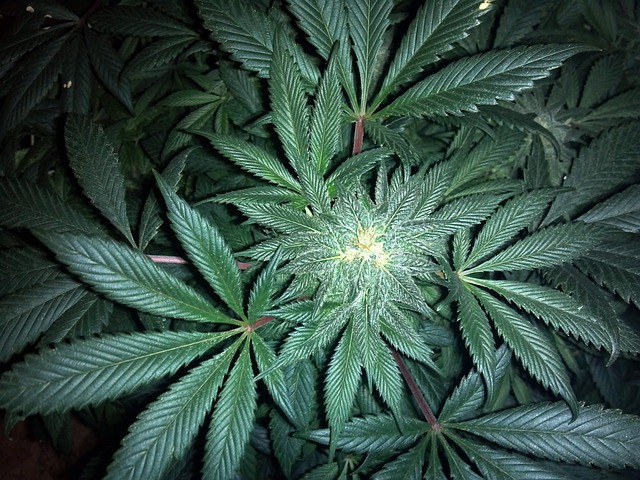The Basics on CBD Oil (What you should know)

What’s CBD used for? Find out more about the mysterious cannabis compound that’s being hailed as the next great alternative medicine.
CBD is having a moment, but that doesn’t mean using it won’t entail controversy. However, what really is CBD, what is it used for, and is it legal?
CBD is one of the compounds in marijuana but is currently legal in several US states where marijuana isn’t. Research into its possible therapeutic benefits have been going on for many years, and CBD oil is now used for a variety of things.
As CBD is increasing in visibility and popularity, there has also been a huge upswing in the number of companies offering CBD-based products. The most popular of these are oils, and the number of CBD oil manufacturing companies is on the up.
Is It Marijuana?
CBD is an ingredient of marijuana, but it’s not mind-altering like tetrahydrocannabinol or THC. CBD comes from hemp, a part of the cannabis plant that’s less processed than the part that produces THC, and which contains most of the CBD people use.
CBD is just one of many compounds contained in marijuana. Using CBD oil isn’t the same as smoking cannabis. If you’re looking to explore CBD as a treatment option, using cannabis won’t be the best way to go about it, especially as it remains illegal in the majority of states.
Benefits and Uses
Current research indicates that CBD can be used to treat:
- Pain and inflammation
- Quitting smoking
- Drug withdrawal
- Neurological disorders and their symptoms
- Cancer
- Anxiety disorders (including social anxiety, panic, obsessive-compulsive and post-traumatic stress disorder)
- Type 1 diabetes
- Acne
- Alzheimer’s disease
In June 2018, the Food and Drug Administration (FDA) approved the prescribing of Epidiolex, a purified CBD oil, in the treatment of two types of epilepsy.
The Legal Bit
Cannabis is legal in certain US states for either medicinal or recreational use. In other states, where cannabis isn’t legal for medicinal use, CBD oils have been approved, but the rules still vary.
Some states also require different levels of prescription than others. If you’re considering CBD, check with a registered health care provider to make sure you’re within your state’s rules.
Side Effects
While the newness of the research means there’s little available data when it comes to the long-term safety of prolonged CBD use, currently, there are no significant reported side effects. The most common was merely tiredness, with some reported changes in appetite or weight. Users are also unlikely to develop any dependency.
While CBD has few reported side effects, the prescribed epilepsy medication, Epidiolex, has reported effects including liver issues, reduced appetite, gastrointestinal problems, rashes, infections, and breathing problems.
Ways of Using CBD
CBD comes in many forms. As well as oils that can be mixed into food or taken with a pipette, it’s available as a topical paste, spray, food item, or capsule. Please remember to ask a medical professional before you start using CBD, as it’s not FDA-approved (other than the epilepsy medication), and as they’ll be able to advise you the best dosage.




